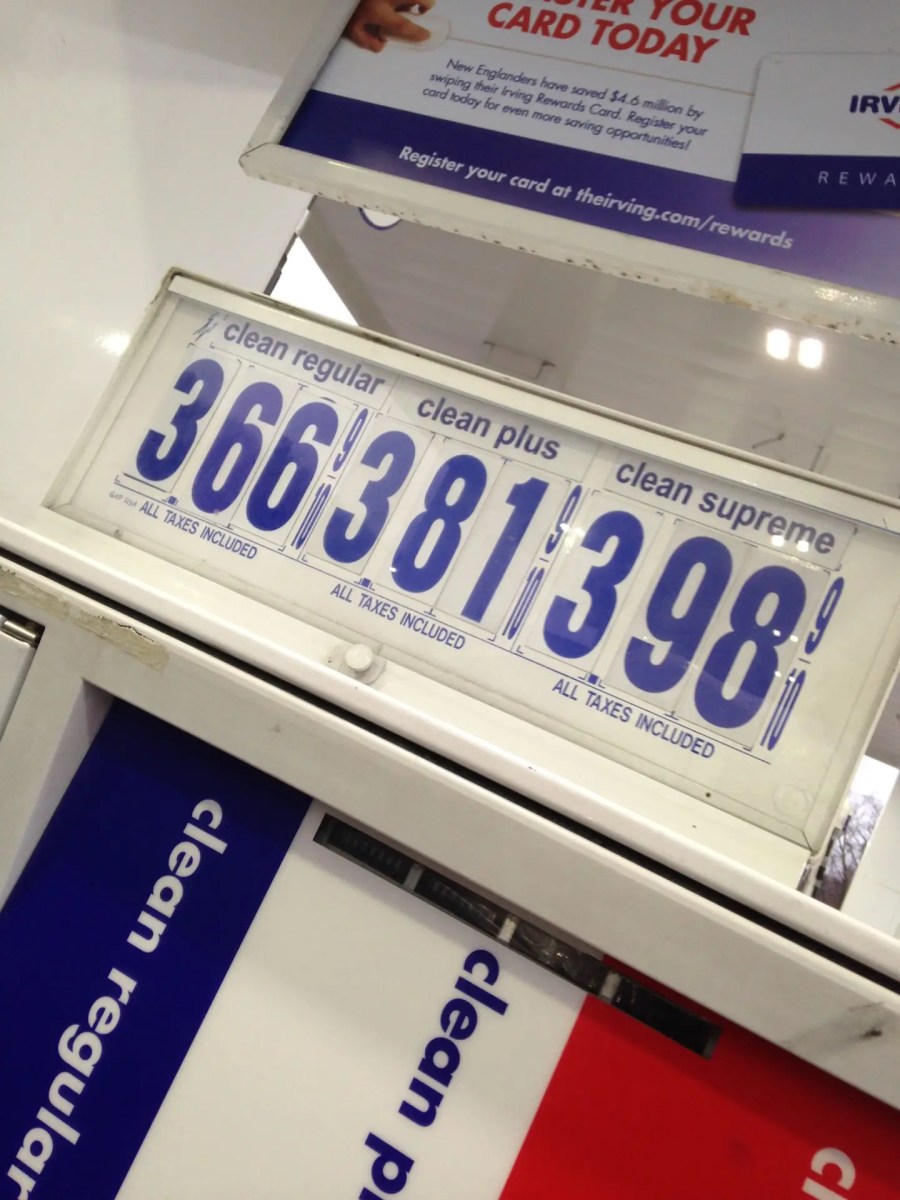We support our Publishers and Content Creators. You can view this story on their website by CLICKING HERE.

President Joe Biden has imposed another environment-related tax, less than two months before leaving office. The new tax measure targeting methane emissions from the oil and gas sector was part of the Biden administration’s so-called Inflation Reduction Act.
It imposes a Waste Emissions Charge of $900 per cubic meter in 2024, which increases to $1,200 in 2025, and $1,500 for 2026 and beyond.
However, certain criteria allow the Environmental Protection Agency (EPA) to exempt facilities that comply with the Clean Air Act standards for oil and gas operations.
“The agency expects that over time, fewer facilities will face the charge as they reduce their emissions and become eligible for this regulatory compliance exemption,” the EPA stated.
EPA Administrator Michael Regan believes the measure also enhances efficiency in the gas and oil sector, improves air quality, supports American jobs, and would “reinforce U.S. leadership on the global stage.”
However, any unnecessary regulatory compliance requirements increase production and management expenses, resulting in higher prices as companies pass the costs to consumers – as we saw time and time again under Biden.
Additionally, the measure benefits large gas and oil companies while negatively impacting small producers thus undermining competition and creating de-facto monopolies in the gas and oil sectors. Such monopolies are complicit in keeping energy prices high, resulting in high pump prices that hurt ordinary Americans.
“It’s because all these regulations cripple the competition,” said Steve Milloy, a fellow at the Energy and Environmental Legal Institute. “Taxing the oil industry, you know, Big Oil is going to be all for that.”
Similarly, the measure has limited positive environmental impacts as it only targets the oil and gas sector while overlooking other sources of methane that are difficult to control.
“The largest source of methane is actually microbes,” Milloy told The Washington Post.
However, the measure will be short-lived as Republican lawmakers could repeal it through the Resolution of Disapproval of the Congressional Review Act.
“Thankfully, this insanity will end in January,” said Rep. Greg Murphy (R-NC).
North Dakota lawmaker Senator Kevin Cramer, called the measure nonsensical, as the American oil and gas industry was the cleanest.
“American oil and gas producers are the cleanest, most efficient in the world, yet this rule penalizes them and saddles consumers with an even higher bill. It makes no sense. Thankfully, change is coming.”
President Trump has promised to repeal numerous energy regulations the Biden administration passed, including the Inflation Reduction Act and the Obama-era Clean Power Plan policy.
When Biden took office in 2021, he invalidated the Trump-era Methane Rescission Rule the Resolution of Disapproval, reinstating the Obama-era Oil and Natural Gas New Source Performance Standards.
In the same year, Democrats introduced the Methane Waste Prevention Act of 2021 which requires gas and oil facilities to reduce emissions by 90% by 2030.
Shortly after his landslide victory, President-elect Trump nominated New York Rep. Lee Zeldin as the head of the Environmental Protection Agency. Rep. Zeldin intends to prioritize energy production in line with Trump’s vision to restore U.S. energy dominance.
To achieve this objective, Zeldin plans to remove unnecessary regulations that impede gas and oil production keeping the country dependent on expensive imports from United States rivals. When it was first introduced in the House, Rep. Zeldin, who has a National Environmental Scorecard (LCV) of just 14%, voted against the Inflation Reduction Act.

 Conservative
Conservative  Search
Search Trending
Trending Current News
Current News 





